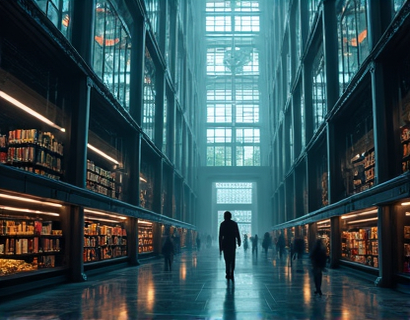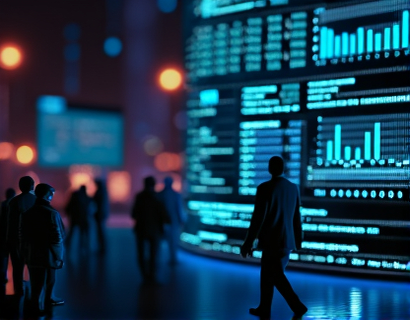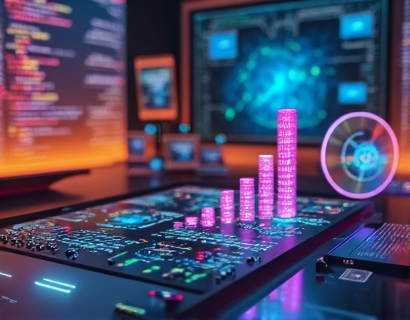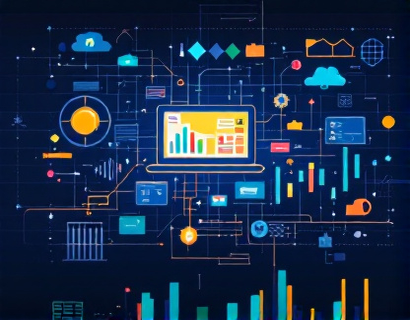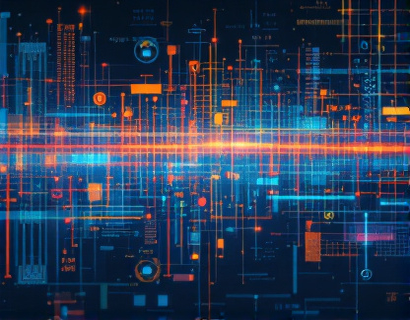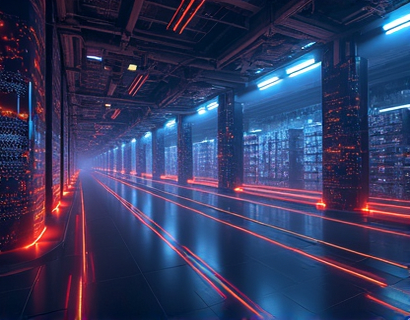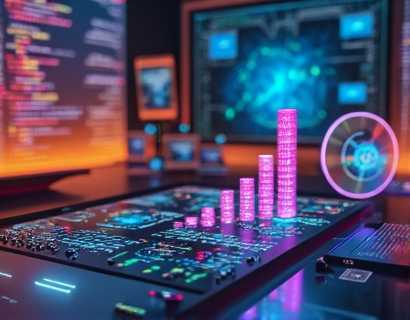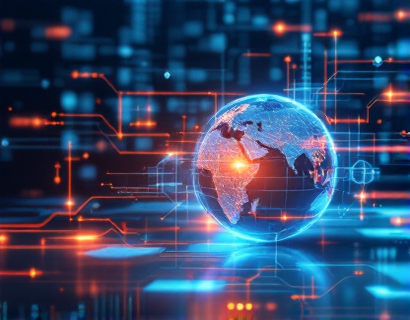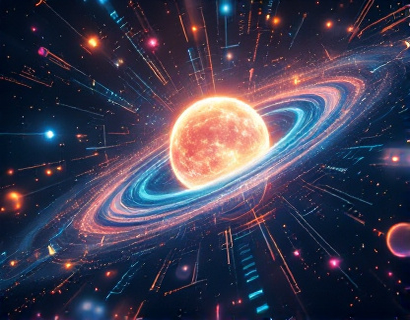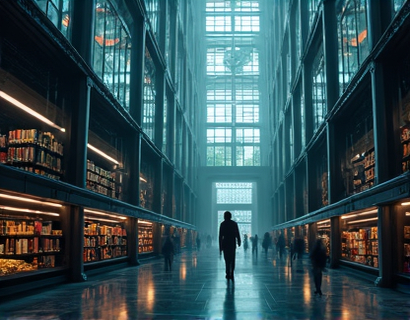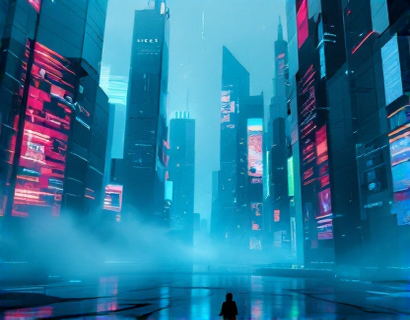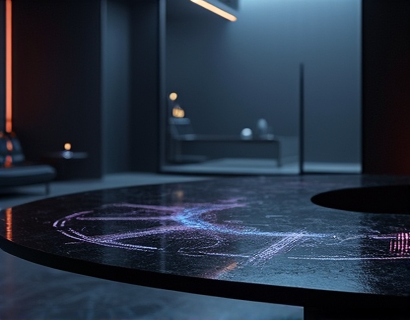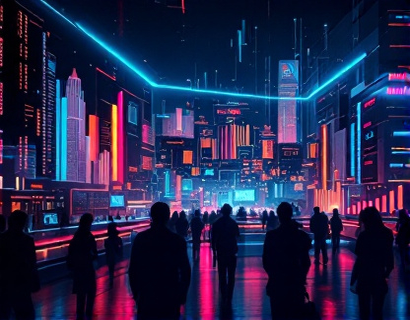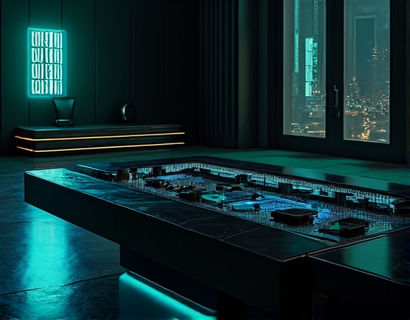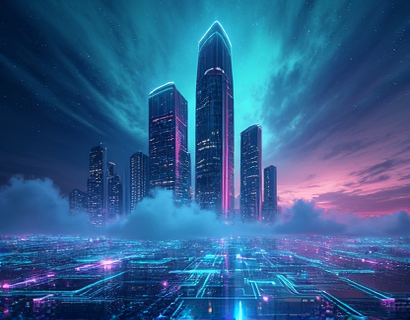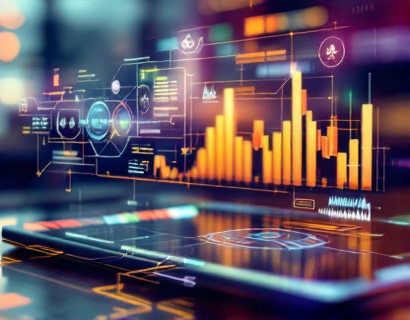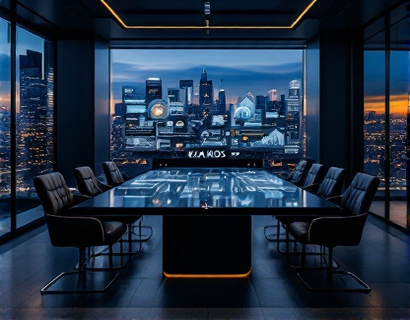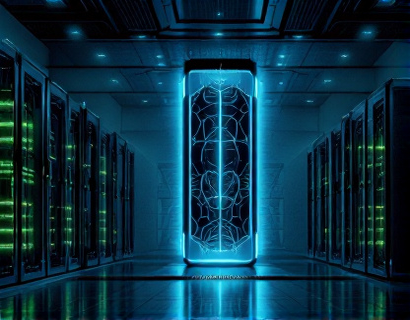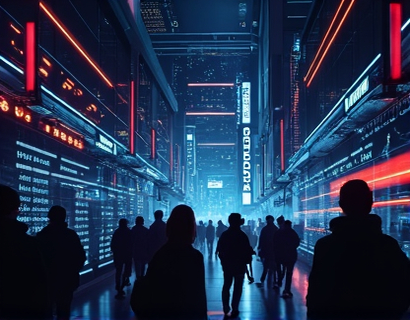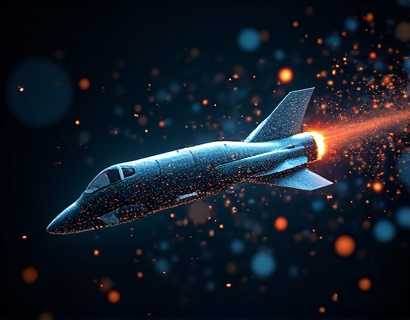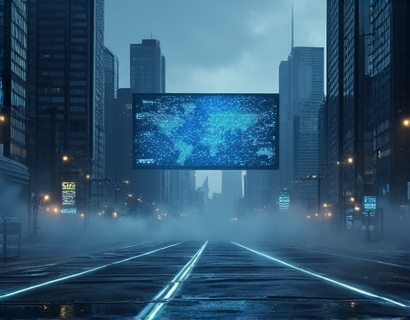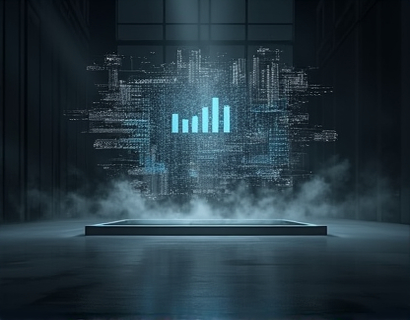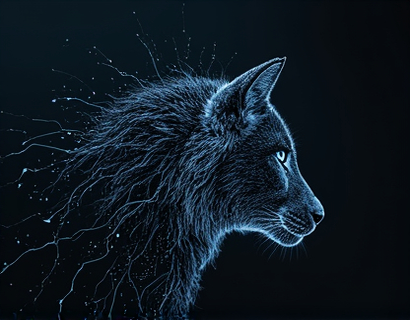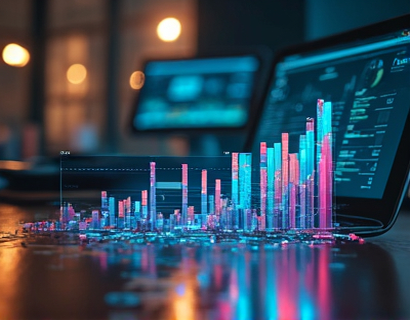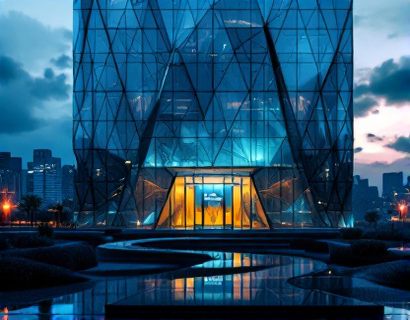AI-Powered Creativity Transformation: Revolutionizing Film, Music, and Gaming Production with Advanced Technology Solutions
The entertainment industry is undergoing a profound transformation driven by the integration of Artificial Intelligence (AI) technology. This shift is not merely an incremental update but a revolutionary change that is redefining how creativity is expressed, projects are managed, and content is produced across film, music, and gaming sectors. AI is providing creative professionals with advanced tools that enhance their capabilities, optimize production processes, and streamline project management, enabling them to achieve unprecedented levels of success and set new industry standards.
Enhancing Creativity in Film Production
In the realm of film production, AI is opening new avenues for creative expression. Scriptwriting, once a purely manual and time-consuming process, is being augmented by AI-driven tools that can analyze successful scripts, identify patterns, and suggest plot developments, character arcs, and dialogue. These tools do not replace human creativity but serve as a catalyst, offering writers a wealth of ideas and possibilities to explore. For instance, AI can generate multiple script versions based on different themes, genres, and character dynamics, allowing directors and writers to experiment and refine their concepts more efficiently.
Visual effects (VFX) are another area where AI is making significant strides. Traditional VFX workflows are labor-intensive and require extensive manual intervention. AI-powered solutions can automate repetitive tasks such as object tracking, background removal, and environment generation. Machine learning algorithms can learn from vast datasets of visual content to create realistic and seamless effects, reducing the time and cost associated with VFX production. This not only accelerates the post-production process but also allows filmmakers to focus more on creative decision-making rather than technical execution.
Optimizing Music Production
The music industry is equally benefiting from AI technology. Composing music has always been an art form that combines technical skill with creative intuition. AI tools are now assisting composers by generating musical ideas, creating harmonies, and even composing entire pieces of music. These tools analyze existing music genres and styles to produce new compositions that can inspire or complement human creativity. For example, AI can suggest chord progressions, melodies, and rhythms based on the desired mood, tempo, and genre, providing musicians with a rich palette of options to work with.
Music production also sees AI enhancing the mixing and mastering stages. AI algorithms can analyze audio tracks, identify areas that need improvement, and apply adjustments to achieve professional-quality sound. This includes noise reduction, equalization, and compression, all of which can be automated to save time and ensure consistency. Moreover, AI-powered virtual instruments and sound design tools are enabling producers to create unique and innovative sounds that push the boundaries of traditional music production.
Revolutionizing Gaming Development
In the gaming industry, AI is transforming the way games are designed, developed, and experienced. Game development is a complex process involving numerous disciplines, and AI is streamlining many of these aspects. For instance, AI can assist in level design by generating procedural content that creates diverse and engaging environments. This not only saves time but also ensures that each playthrough offers a unique experience, enhancing player engagement and replayability.
Character behavior and AI-driven NPCs (non-playable characters) are another area where AI is making a significant impact. Traditional NPCs follow predefined scripts and behaviors, which can lead to repetitive and predictable interactions. AI-powered NPCs can learn from player actions, adapt their behavior dynamically, and create more immersive and responsive game worlds. This level of interactivity not only enhances the gaming experience but also allows developers to create more complex and realistic game narratives.
Streamlining Project Management with AI
Beyond creative tools, AI is also revolutionizing the project management aspect of entertainment production. Managing a film, music project, or game development involves coordinating multiple teams, tracking progress, and ensuring deadlines are met. AI-driven project management platforms can automate many of these tasks, providing real-time insights and predictive analytics to optimize workflows. These platforms can monitor resource allocation, identify potential bottlenecks, and suggest adjustments to keep projects on track.
Collaboration is a critical component of any creative project, and AI facilitates seamless communication and collaboration among team members. AI-powered chatbots and virtual assistants can handle routine inquiries, schedule meetings, and manage documentation, freeing up valuable time for creative professionals to focus on their core tasks. This not only improves efficiency but also fosters a more collaborative and productive work environment.
Challenges and Ethical Considerations
While the integration of AI in the entertainment industry offers numerous benefits, it also presents challenges and ethical considerations. One of the primary concerns is the potential displacement of human creatives. However, rather than replacing human talent, AI is more likely to augment and enhance the creative process, allowing professionals to focus on higher-level tasks that require human intuition and emotional depth.
Another ethical consideration is the ownership and copyright of AI-generated content. As AI becomes more capable of creating original works, questions arise about who owns the rights to these creations. The industry must navigate these legal and ethical landscapes to ensure fair practices and protect the interests of all stakeholders.
Future Prospects and Innovations
The future of AI in the entertainment industry is promising, with ongoing research and development poised to bring even more innovative solutions. One area of focus is the integration of AI with virtual and augmented reality (VR/AR) to create immersive experiences that blur the lines between the physical and digital worlds. AI can enhance VR/AR content by generating dynamic environments, realistic character interactions, and adaptive narratives that respond to the user's actions.
Additionally, AI-driven analytics will play a crucial role in understanding audience preferences and behaviors, enabling content creators to tailor their productions more effectively. By analyzing data from various sources, AI can provide insights into what resonates with different demographics, helping producers make informed decisions about content development and marketing strategies.
In conclusion, AI is not just a tool but a transformative force in the entertainment industry. It is enhancing creativity, optimizing production processes, and streamlining project management, allowing filmmakers, musicians, and game developers to push the boundaries of what is possible. As the technology continues to evolve, the entertainment industry can expect even more groundbreaking innovations that will redefine the future of creative production.



